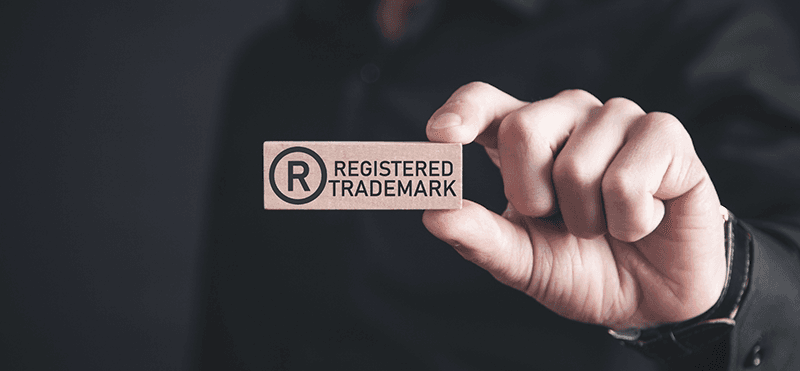We sometimes find our clients disappointed when they find out a trademark doesn't fully protect them against copycats - similar to how car insurance doesn't protect you against something happening to your car.
Let's look at how a trademark actually protects your brand. In instances of brand violation (someone copying your brand on social media, running ads for a counterfeit product, duplicating your website, etc.), you may reach out to the offending party and ask them to stop, then maybe try reporting them to the service provider, but if that doesn't help, you may find yourself out of options. What a trademark is, is a tool in your toolbelt that extends your options to enforce your ownership rights. For example, social media providers are bound to follow the law, and if you own a trademark, that brand violation happening on a medium run by them is not just unfairness; it's trademark infringement. If you report it and enclose your trademark registration number, the provider should investigate the case.
So this is an example of how trademarks work in practice - they give you a legal basis for enforcing your rights. However, knowing when an infringement happens is your responsibility - not the social media owner's, web domain host's, etc. If you want to know when someone copies you, you have to monitor the market.
This is where trademark monitoring services come into play - they track various channels for potential instances of infringement, so you can then use your trademark to protect your brand.






